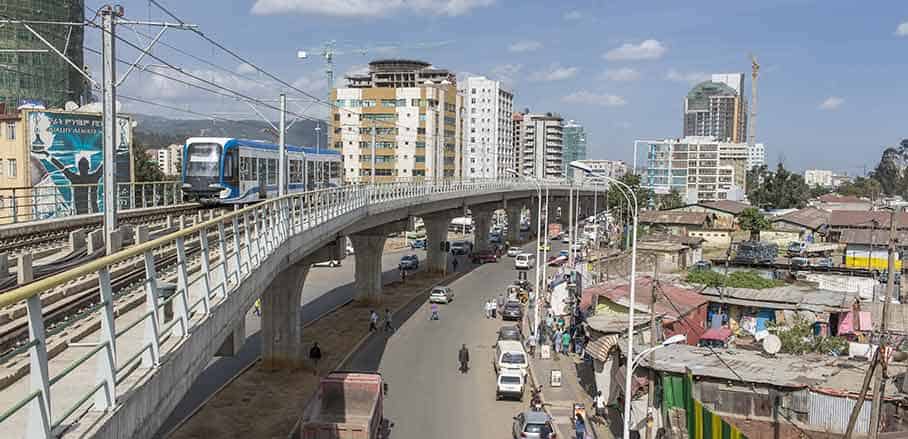From Blade Runner to Habitat IV, Part II: How livelihoods can make or break the City of Tomorrow
Part I presented two subsequent paradigms related to the world of work, Fordism and Post-Fordism. Subsequently, it was argued that there are two contrasting trends in the world of (urban) labour: flexibility and stability. This is the second and concluding part of the article, which includes considerations about policies.




